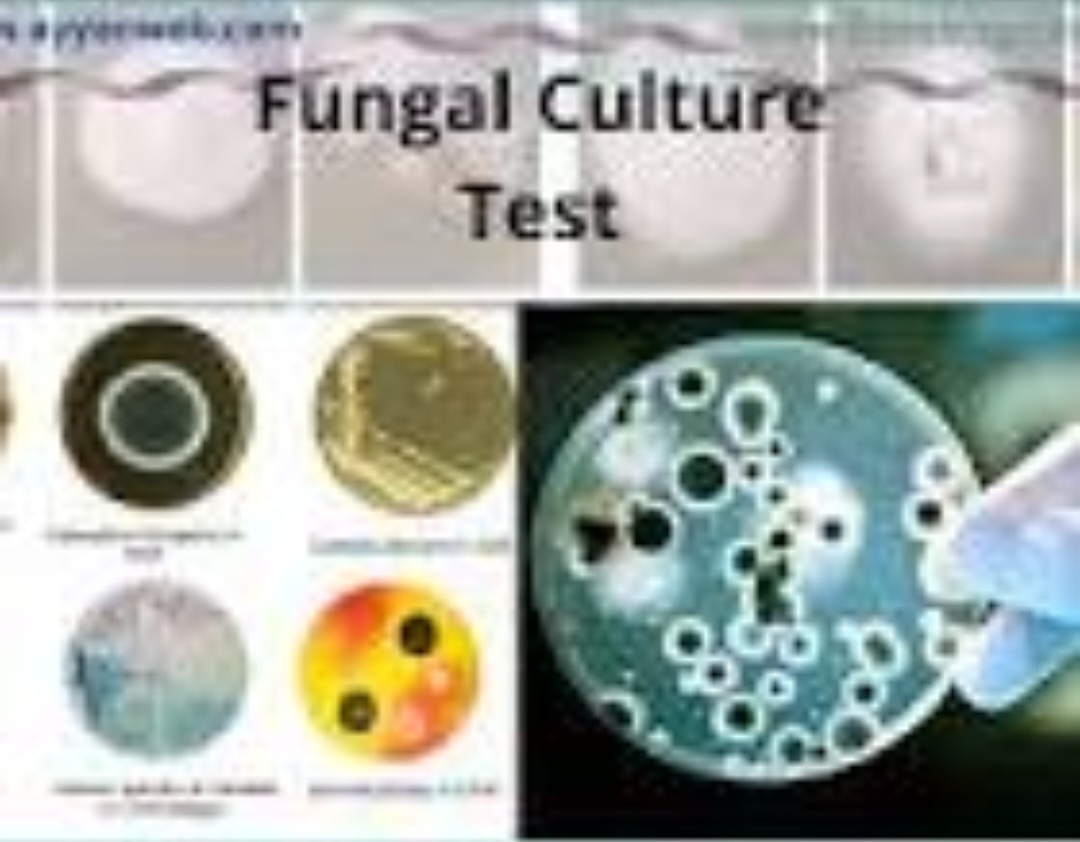Description
Fungal Culture | Lab Tests GuideA fungal body fluid culture is a laboratory test that identifies fungal infections in body fluids like blood, cerebrospinal fluid, or peritoneal fluid. It involves taking a sample, growing potential fungi in a lab, and then identifying the specific type through microscopy or advanced methods like MALDI-TOF MS. This process helps doctors choose the most effective antifungal medication to treat the infection. How it works Sample collection: A healthcare provider collects a sample of the body fluid from the patient, such as blood, urine, or peritoneal fluid. Laboratory culturing: The sample is placed in a special growth medium in a laboratory to allow any present fungi to grow and multiply. Identification: Once the fungi have grown, technicians examine them under a microscope to identify the specific species. More advanced methods like MALDI-TOF MS can also be used for rapid and accurate identification. Result and treatment: The results of the culture identify the exact type of fungus causing the infection. This is crucial for selecting the correct antifungal medication, as different fungi have different susceptibilities. Key benefits Accurate diagnosis: It provides a definitive diagnosis of a fungal infection. Targeted treatment: It helps healthcare providers prescribe the most effective and appropriate antifungal drugs. Guides management: It plays a critical role in managing fungal diseases, particularly in patients with weakened immune systems who are more susceptible to serious infections. Fungal stain, Culture & Identification, Body Fluid


 576min
576min